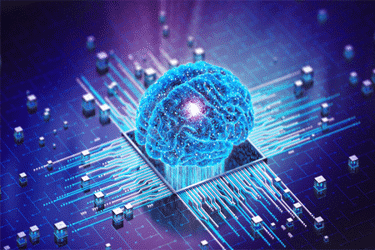Developing New Medicines Through Artificial Intelligence
By Tony Reina, Principal Data Scientist

On September 30, 2012, the launch of the AI program “AlexNet” marked a turning point in artificial intelligence, paving the way for over 500 FDA-approved AI tools, particularly in radiology. These advancements are now extending into drug development, notably through Large Language Models (LLMs) that help create new medicines. A key challenge in this field is protein folding, crucial for developing effective antibodies. Traditional pharmaceutical development is slow and costly, often taking over a decade and averaging $1.3 billion to bring a drug to market. However, AI can streamline this process by predicting protein structures and optimizing antibody design, dramatically increasing efficiency.
Combining AI with cell-free protein synthesis allows for rapid evaluation of numerous antibody candidates, enhancing drug discovery. This innovative approach not only speeds up development but also improves accuracy, promising a brighter future for medicine as the industry embraces AI's transformative potential.
Learn more about this approach by accessing the full article below.
Get unlimited access to:
Enter your credentials below to log in. Not yet a member of Outsourced Pharma? Subscribe today.
